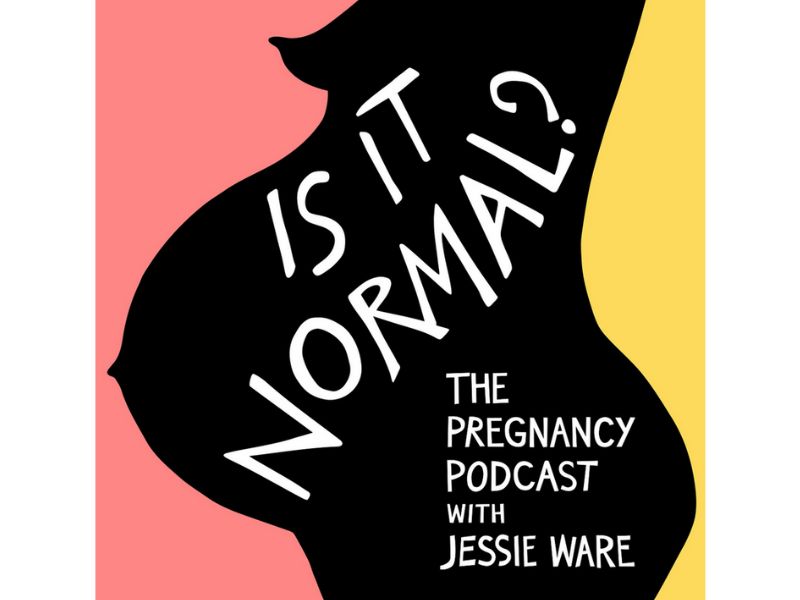
Tackling a career whilst living with a disability or long-term health problem is relentless.
It is a continuous challenge which is often unpredictable, requires copious problem solving and drains your energy. At least that it is true for me. However, dealing with such difficulties provides you with a new perspective, empathy and a unique skill-set. Finding the right balance within the workplace then is key.
Firstly, to achieve this, it is crucial to communicate. On both sides, conversations need to be open and honest. Undeniably it is difficult to discuss complex issues but doing so allows everyone to work most conscientiously. In particular, it can be really helpful if there is a specific person that you can talk through any problems with. But generally, it can be really encouraging when everyone is working in a way that bolsters each other and communicating your needs is one of the best ways to ensure such a collaborative environment.
Therefore, it is really important to know your rights. Thankfully I work within a very supportive environment at Maxwell-Scott – as it should be – though this is not always the case. It is imperative that you know what you are legally entitled to within your role. An employer has a duty to make reasonable adjustments for any existing or potential employees with disabilities. Adjustments can range from simple modifications to the working environment or the implementation of flexible working practices, to the provision of specialist equipment or the offer of redeployment. I, for instance, work from home which helps with my pain levels and managing fatigue. In the office, there is also a sofa and hot water bottles on demand thanks to our operations manager, or work dad as he is more fondly known. It is these adaptations alone that allows me to participate in office life.
Rather than only knowing your rights, you must also know your value. 37 per cent of disabled people who don’t feel confident about getting a job believe that employers won’t hire them because of their impairment or condition. But I believe that disabilities and long-term medical conditions provide invaluable experience. You must be confident in your abilities and emphasize this when applying for jobs. My disability, for instance, has provided me with unrivaled organisational skills, tenacity and an outstanding ability to problem-solve.
Despite all of this, be prepared that it will be a challenge and that you, and everyone around you, will never get it right all of the time. As we all move towards discussing issues more openly and being a more inclusive workforce, it will take time. People may make mistakes when they speak. For instance, sometimes people will not refer to your condition in your preferred way but, as long as it is from a place of care, this provides a learning opportunity. Equally, you will not always manage to effectively communicate an issue which is undeniably complex though you can learn from as well. It is all about working in the same direction.
Perhaps, the hardest part of adapting to the workplace for me however has been to allow people to see me vulnerable. Two in five disabled people feel the need to disguise their disability as a result of stigma and negativity. This is not surprising as it can feel that your disability or long-term health condition will be considered a weakness. Nevertheless, if the workplace environment is supportive and lines of communication are strong then, being vulnerable can be really useful as it boosts others understanding. Within my role as Mental Health advocate for Maxwell-Scott, I have been encouraging people to have conversations about their mental health, offering examples of times when my anxiety has been particularly difficult to deal with. Once again, it is about being open and honest whatever may be happening. This way we all succeed.
 About the author
About the author
Holly is the Content Executive for luxury British leather brand Maxwell-Scott. Graduating from the University of York with a First (with distinction) in History and Economics last year, she has worked since then at Maxwell-Scott. Within this role she has worked to increase conversations around health, with debilitating chronic pain syndrome and a history of mental health problems herself. Maxwell-Scott is now a Mindful Employer and is working towards a completely inclusive workplace environment that supports each of its employees.
WeAreTheCity covers the latest female centric news stories from around the world, focusing on women in business, careers and current affairs. You can find all the latest gender news here.
Don’t forget, you can also follow us via our social media channels for the latest up-to-date gender news. Click to follow us on Twitter, Facebook, Instagram, and YouTube.








